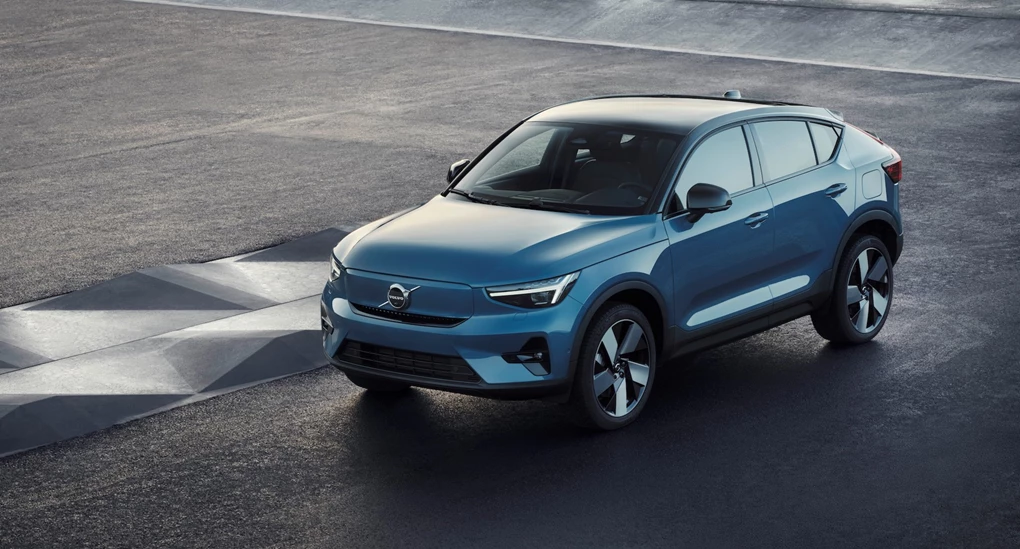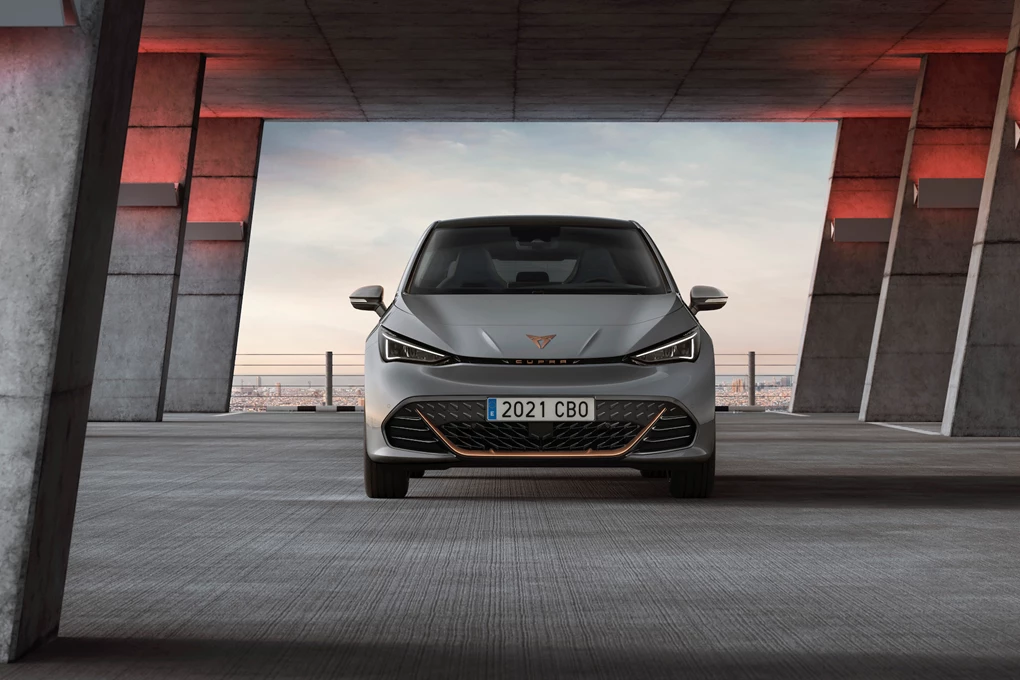Sustainability is a big talking point at the moment. With climate change at the very forefront of people’s minds at the moment, ensuring that cars have as little impact on the world around them is very important. It’s why many new models are being created with cleaner, more innovative materials than ever before.
Here, we’re going to take a look through some of those cars which have been made with sustainability right at the forefront of their requirements.
Volvo C40

Volvo has already made some firm commitments to becoming a cleaner and more sustainable car maker and has already phased out many of its diesel engines from its line-up. The C40, which arrived as its second fully-electric vehicle, definitely has some key eco-friendly features.
Chief among these is its vegan interior, which does without any animal-based materials anywhere in the cabin.
Cupra Born

Cupra’s first electric car - the Born - is based on the same platform as the Volkswagen ID.3, giving it a decent amount of range as well as a good charging speed. It’s a real insight into the future of the brand as it progresses to make more electric vehicles.
The interior of the Born is also made with sustainability in mind. Many of the cabin’s elements, for instance, are made from Sequal Yarn, which is made with plastics collected from the ocean.
Jeep Renegade PHEV
You’ll find the same material - Sequel Yarn - being used in the Jeep Renegade PHEV too. This ocean-sourced plastic-based material features on the car’s seats, helping to reflect the car’s eco mentality.
The Renegade PHEV combines a 1.5-litre turbocharged petrol engine with an electric motor and batteries for significantly lower running costs compared to the standard Renegade.
Jaguar I-Pace
Jaguar’s I-Pace was the brand’s first fully-electric vehicle and arrived ahead of many of its key competitors. With a striking exterior design and an equally innovative interior, the I-Pace remains a key model within the segment despite having been on sale for a little while now.
Recently, the firm announced that the I-Pace’s batteries could now be given a second life once they’re not needed before. Used as an energy storage solution, they’re charged by solar panels before releasing their energy into other areas.
Mini Strip
Though just a concept, the Mini Strip gives a real indication of some of the areas the manufacturer might be looking into when it comes to sustainability. For instance, the body has been left unpainted - with just a thin protective layer applied across the top to protect it - in order to show that paint might not be needed.
Also, recycled perspex has been used in a variety of areas such as the panoramic roof, grille and wheel covers.
Fiat 500 Hybrid
It’s our old friend Seaqual Yarn again, this time applied in the latest Fiat 500 Hybrid. This newly-electrified model aims to bring even lower running costs compared with the already-frugal standard 500, helping to drive down fuel bills for owners.
The Sequal Yarm has been used on the seats to help lower the car’s impact on the environment.
BMW iX
The iX arrived recently as BMW’s flagship electric vehicle, bringing staggering amounts of technology alongside a bold, eye-catching exterior design.
It also uses a material called Econyl, which is a form of nylon made from old fishing nets and other nylon waste. Compared with petroleum-based nylons, Econyl produces 90 per cent less CO2 during the manufacturing process.
Citroen Ami
Now the Citroen Ami may not have too many bespoke materials used in its make up, but its general lack of features and simple design means that it really does have a small impact when compared with other larger EVs.
It lacks air conditioning or even proper doors, so as far as lightweight models go it’s right up there.
Ford Kuga
Ford has committed to eco-friendly materials being used in its cars for some time. The Kuga is one of the most recent beneficiaries of this policy, as it uses Kenaf in its door panels to help reduce weight.
This sustainable and quick-growing plant is fibrous and surprisingly strong, making it ideal for use in cars.
Hyundai Ioniq Electric
Hyundai has taken a three-pronged approach with its Ioniq, offering it with regular and plug-in hybrid setups, as well as a fully electric powertrain. The Ioniq Electric is particularly efficient and offers a decent range.
Hyundai’s engineers also took a different approach to sustainable materials in the Ioniq. They managed to lower the weight of the car’s interior plastics by 20 per cent through the use of recycled plastics which are then combined with powdered wood and volcanic stone.
